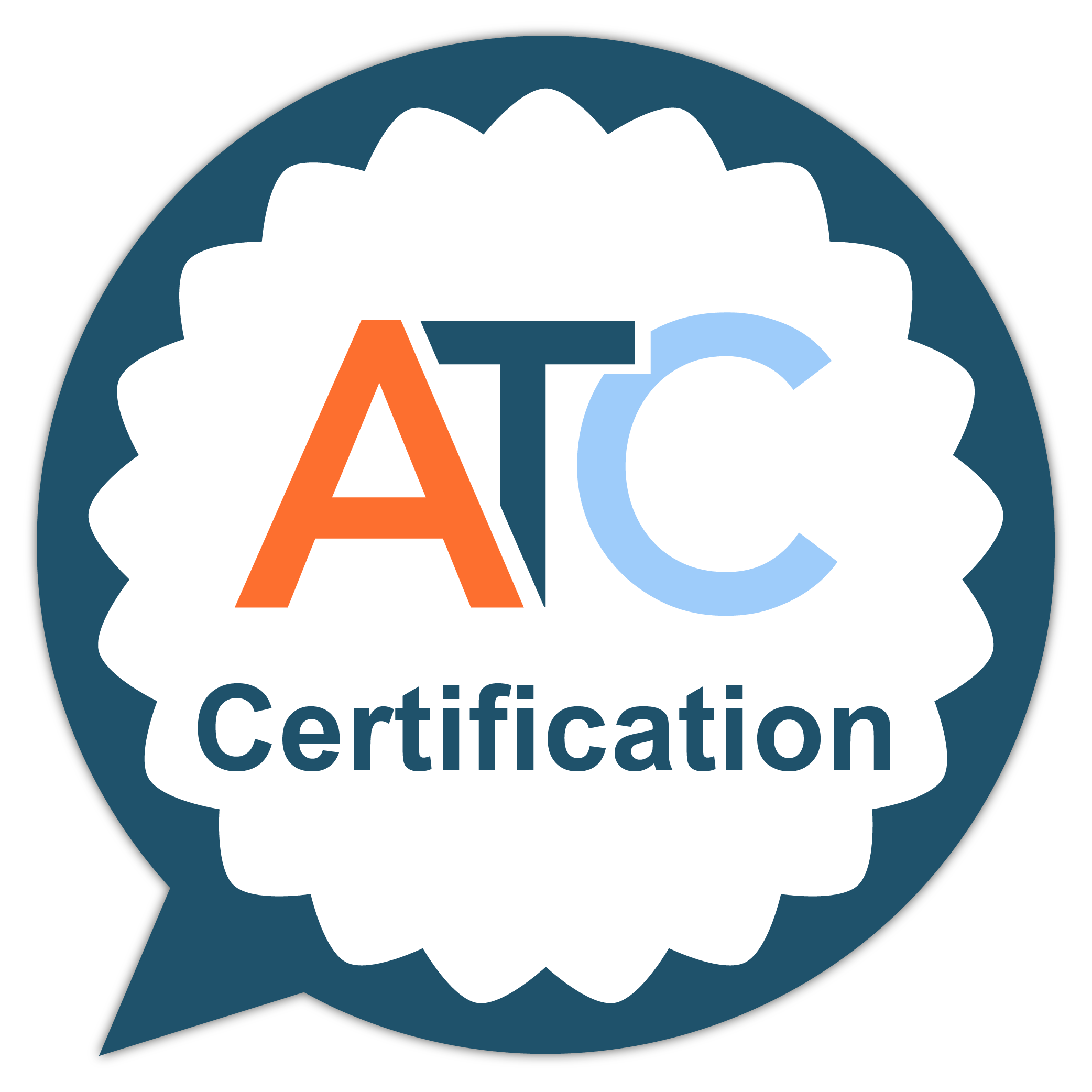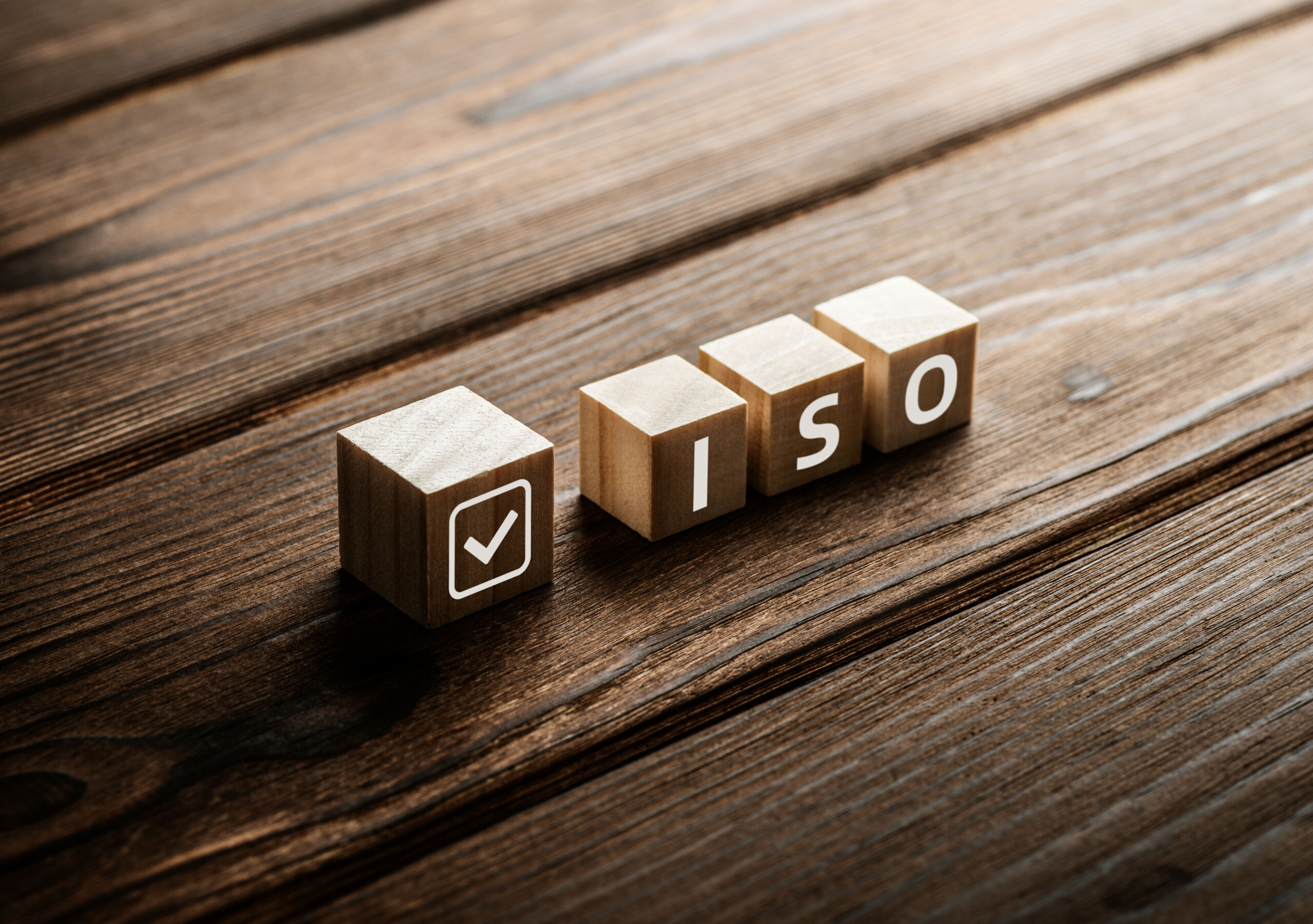
Get an ISO 17100 Certification Quote!
ISO 17100 is the international standard defining requirements for the provision of quality translation services. The standard provides means of controlling the quality of the translation process and the qualifications of those working on translation projects.
Within ISO 17100, the requirements for translator qualifications are unusually specific for ISO standards. However, it can be challenging for a translation service provider – typically a language service company – to figure out how exactly those qualifications can or should be demonstrated.
In this blog, we look at the requirements for translator qualifications within ISO 17100 and consider how they could be demonstrated by a language service company implementing ISO 17100.
What are the ISO 17100 translator qualification requirements?
To understand the requirements of ISO 17100 fully, you should refer to the entire standard, which you can purchase from your national standards body or the ISO Shop online.
For translator qualifications, ISO 17100 requires the translation service provider to obtain documented evidence that the translator fulfils at least one of the following criteria:
a) has obtained a degree in translation, linguistics or language studies or an equivalent degree that includes significant translation training, from a recognized institution of higher education;
b) has obtained a degree in any other field from a recognized institution of higher education and has the equivalent of two years of full-time professional experience in translating;
c) has the equivalent of five years of full-time professional experience in translating.
Obtaining documented evidence of qualifications
It is the translation service provider’s responsibility to obtain documented evidence of translator qualifications.
However, a challenge in implementing ISO 17100 at a language service company is often that although ISO 17100 defines the required qualification levels, it does not specify how evidence should be obtained – or what evidence exactly will be considered sufficient.
ISO 17100 also does not specify what equivalent of full-time professional experience in translating equates to, which – with freelance suppliers – is often challenging to quantify.
As ever, when implementing ISO standard requirements, it is the individual organisation’s – the translation service provider’s – responsibility to determine what is sufficient for their purposes, within their unique operations.
The translation service provider must be able to satisfy themselves, and their external auditor, that the translators used for ISO 17100 compliant projects have the required qualifications. The translation service provider must also be able to demonstrate the evidence that supports the qualifications.
In practice, translation service providers will consider the suitability of evidence such as:
- originals or copies of degree certificates;
- work carried out by an individual translator over a period of time, for the translation service provider, as evidenced in the TSPs Translation Management System;
- reference letters on work carried out for the translator’s other clients; or
- other reliable evidence provided by the translator on their translation experience.
Translators may also be able to evidence their qualifications through membership at an industry association, provided that the industry association’s membership or qualification status involves checking the qualification documents.
What about translators who don’t meet the requirements?
Being certified to ISO 17100 does not exclude a translation service provider from providing non-17100-compliant services to their clients.
For example, translation-only or revision-only projects fall outside the scope of ISO 17100 by default. Sometimes, it may also be necessary to use translators who do not meet the ISO 17100 qualification requirements.
While the translator qualification requirements of ISO 17100 are mandatory for all ISO 17100 compliant translation projects, a translation service provider can use translators who do not meet the qualification requirements for non-17100-compliant projects.
Typical reasons for carrying out a translation project outside the scope of ISO 17100 include the following:
- No ISO 17100 qualified translators are available due to a project’s urgency or specialist nature.
- No ISO 17100 qualified translators are available in a rare language pair.
- The translation is carried out by an unqualified junior translator supervised by a qualified senior translator.
- The project is carried out as translation-only or revision-only due to budget or time constraints.
A key element for providing services outside the scope of ISO 17100 with unqualified translators is to ensure that clients are fully aware of the nature of the service they are buying, and that the translators commissioned for the work are otherwise competent to carry the work out.
Auditing ISO 17100 qualification requirements
ATC Certification provides impartial auditing and certification of your organisation to the requirements of ISO 17100.
This means that our auditor samples objective evidence during an audit to make a decision on your compliance with the standard.
Therefore, when auditing the translator qualifications clause of this standard, our auditor will seek evidence that the translators used on your ISO 17100 projects have the required qualifications and experience in each and every project falling within your ISO 17100 certification scope statement.
The audit is carried out either on-site at your office, or remotely via a meeting software. In both cases, the auditor samples your recent projects and may also wish to speak to your Vendor Manager or Project Managers on translator qualifications. Whatever the mode of audit, we will provide you with a report detailing any findings and opportunities for improvement.
ISO 17100 Certification demonstrates to your customers that you have the required processes in place to deliver a fit-for-purpose quality translation service and that these processes and your resources have been independently and impartially audited by an external party such as ATC Certification.
Contact our office to discuss ISO 17100 certification in more detail or complete this form for a quote.


